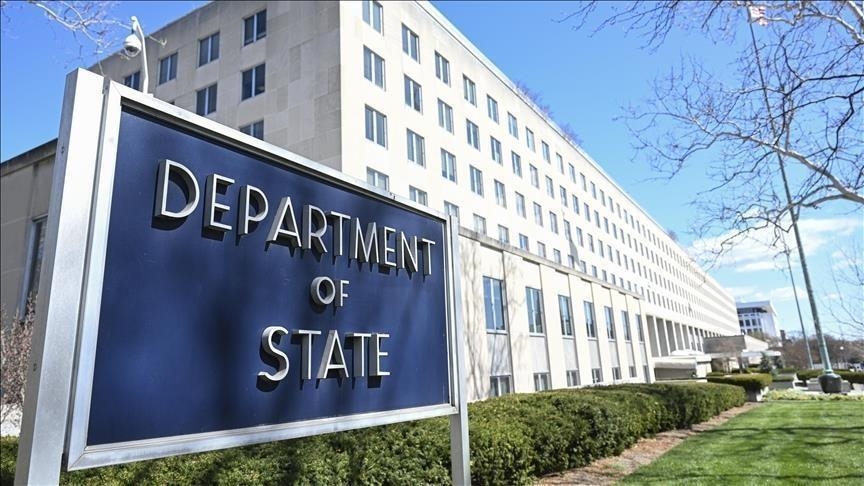US offers up to $10m for information on ISIS-Somalia’s finances

Washington said ISIS-Somalia functions as a critical revenue generator and funding hub for the wider ISIS network
The US Embassy in Mogadishu has announced a reward of up to $10m for information that could help disrupt the financial mechanisms sustaining ISIS-Somalia.
It described the group as one of the Islamic State’s most significant affiliates in Africa.
The initiative is part of the State Department’s Rewards for Justice (RFJ) programme, which seeks to generate actionable intelligence on terrorism, foreign interference in US elections, malicious cyber activity, and illicit financial flows.
Washington said ISIS-Somalia functions as a critical revenue generator and funding hub for the wider ISIS network, financing branches across the continent and beyond.
According to the state department, the group raises money through extortion and taxation of local communities, money laundering, kidnapping-for-ransom, weapons smuggling, piracy, illegal fishing, and online fundraising.
Transfers are made via cash couriers, mobile money platforms and even cryptocurrency.
“The goal is to choke off the money stream that fuels ISIS violence,” the US embassy in Mogadishu said in a statement.
The US government urged individuals with knowledge of the group’s financiers or financial channels to come forward.
The RFJ programme has already disbursed more than $250m to over 125 informants whose intelligence helped thwart attacks or bring militants to justice.
The new bounty comes amid stepped-up efforts to disrupt extremist financing, as Somalia’s government battles both al-Shabaab and ISIS-linked fighters entrenched in Puntland’s north.
ISIS first announced its presence in Somalia in late 2015, when a small faction of al-Shabaab fighters based in the mountainous Bari region of Puntland pledged allegiance to the Islamic State.
Led by Abdul Qadir Mumin, a former al-Shabaab cleric, the group has since carved out a foothold in northern Somalia, despite being far smaller than the dominant al-Shabaab insurgency.
Despite regular Somali and US airstrikes targeting its leadership, ISIS-Somalia has continued to adapt.
It has turned to sophisticated financial mechanisms, including the use of hawala money transfer systems, mobile money platforms, and cryptocurrency, to avoid detection.
